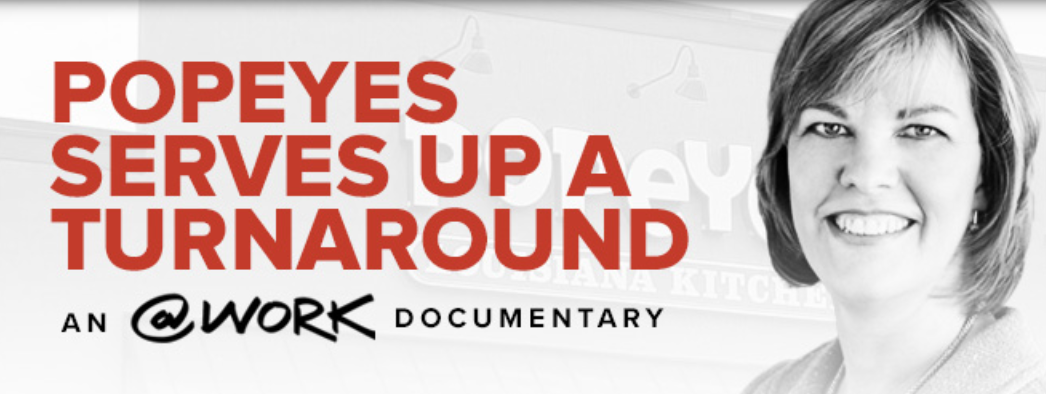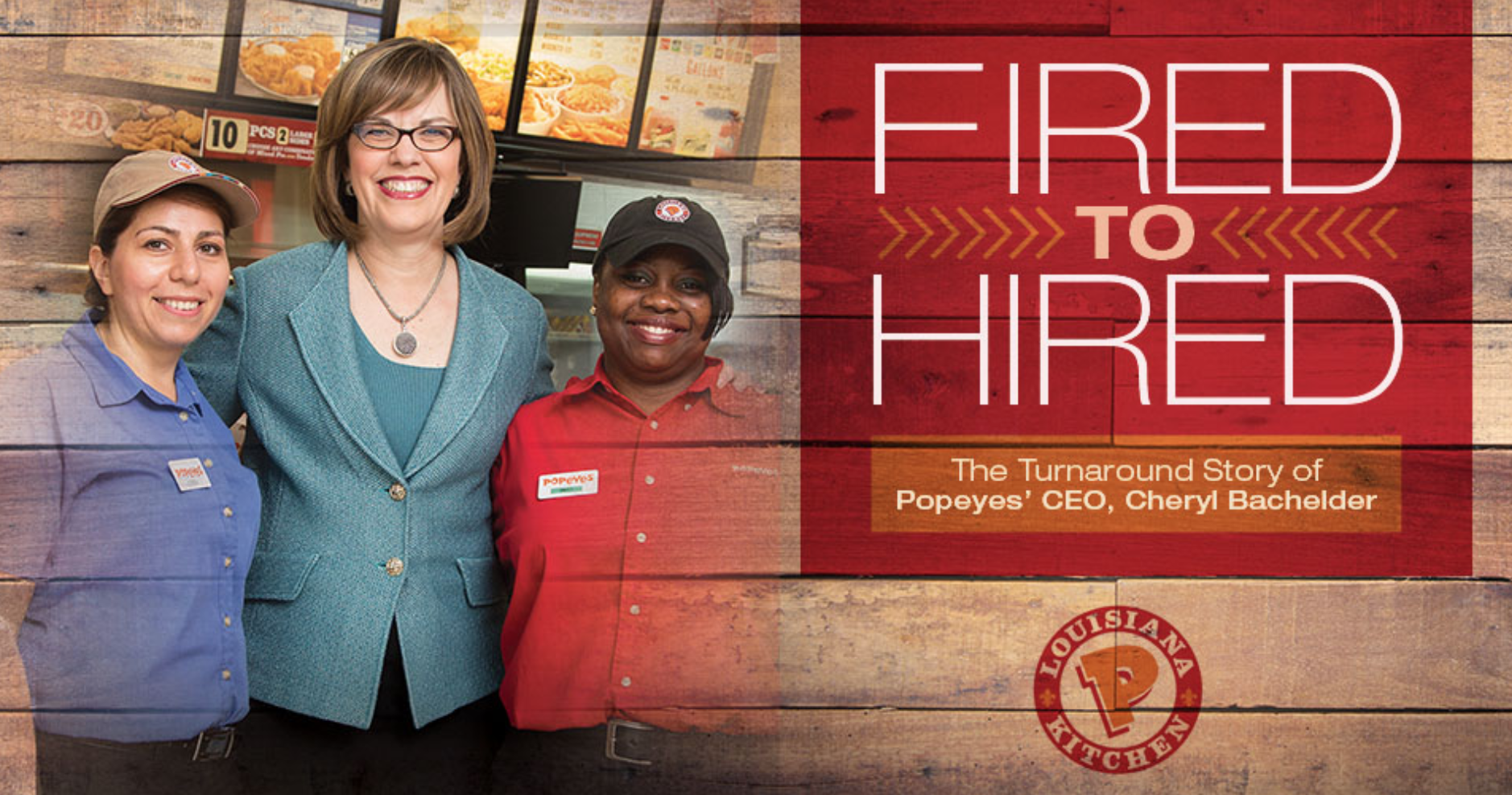Working with Jesus for “Impossible” Outcomes
This article was originally published here by Lead like Jesus
— by Paul Swamidass
Compassionate leader
When Jesus landed and saw a large crowd, he had compassion on them, because they were like sheep without a shepherd. So he began teaching them many things. By this time it was late in the day, so his disciples came to him. “This is a remote place,” they said, “and it’s already very late. Send the people away so that they can go to the surrounding countryside and villages and buy themselves something to eat.”
But he answered, “You give them something to eat.” They said to him, “That would take more than half a year’s wages! Are we to go and spend that much on bread and give it to them to eat?” “How many loaves do you have?” he asked. “Go and see.” When they found out, they said, “Five—and two fish.”
Then Jesus directed them to have all the people sit down in groups on the green grass. So they sat down in groups of hundreds and fifties. Taking the five loaves and the two fish and looking up to heaven, he gave thanks and broke the loaves. Then he gave them to his disciples to distribute to the people. He also divided the two fish among them all. They all ate and were satisfied, and the disciples picked up twelve basketfuls of broken pieces of bread and fish. The number of the men who had eaten was five thousand. (Mark 6: 34-44)
In the above passage, Jesus observes a problem or need, “they were like sheep without a shepherd.” One of the qualities of a great leader is the ability to recognize a problem or need.
Upon recognizing the problem, Jesus responded with compassion. It is the quality of a leader’s response to the need that sets a great leader apart from ordinary leaders. A compassionate leader is one who takes the opportunity to minister to those who are in need but are unable to help themselves. Jesus sets an example here for His disciples.
Upon recognizing the problem, Jesus responded with compassion.
The disciples follow Jesus’ lead
Later in the passage, the disciples recognized that it was time for a meal for the thousands of hungry people, who had come to hear Jesus, and so the disciples came to Jesus with a practical solution. The disciples demonstrated leadership when they noticed a need and responded with a solution too.
We notice Jesus proposed a different solution to the disciples; instead of sending the crowd away to fetch their food from the towns nearby, which was the practical solution proposed by His disciples, Jesus instructed His disciples to feed the crowd right then and there! This baffled the disciples. The disciples’ response to Jesus may be paraphrased, “You are asking us to do the impossible!”
In response, Jesus directed His disciples to find out how many loaves of bread were available, as the first step. The disciples must have wondered, “why is the Lord asking us to find out how many loaves of bread are available? A few loaves of bread cannot feed thousands!” Yet, they followed His instruction.
Next, Jesus directed His team of disciples to seat thousands of people on the grass in preparation for a meal. Although, the disciples saw no evidence of enough food to distribute, we can assume they turned their attention to seating thousands of people to receive food and eat in an orderly manner without confusion and disorderliness.
Jesus accepted the few loaves of bread and fish brought to Him by His disciples, prayed and blessed the food, and gave it to His disciples to distribute. The task of distributing food to 5000 men plus thousands of women and children must have been an enormous task for the disciples, but, it appears, they successfully completed their task.
The disciples carried out the instructions of Jesus Christ that included: 1) locating and bringing a few loaves of bread and a few fish to Jesus Christ to bless, 2) seating thousands of men, women and children on the grass, 3) distributing food to thousands in an orderly manner, and 4) gathering of the leftover food.
Lessons for Christian leaders
The Bible records many spontaneous miracles of Jesus Christ (walking on water, etc.), or miracles in response to a plea from a suffering individual (blind, sick, etc.) or a family member. In contrast, in the above case, although the disciples had a practical solution for the problem/need, Jesus overruled their practical solution with a spontaneous miracle.
The disciples abandoned their own practical solution to work with Jesus on, what they thought was an “impossible” solution—feeding the thousands then and there. In the process, the disciples participated in an extraordinary, miraculous outcome. They witnessed the “impossible” become “possible.”
There is a lesson here for Christian leaders with a heart to serve others with compassion: They may participate in great outcomes, even miraculous ones by working with Jesus, when the “impossible” may become “possible.”
Related articles
I have become convinced that humility is God's secret weapon to thwart the ultimate enemy of pride and bring pockets of heaven to earth. If I can focus on how Jesus must increase and I must decrease, then God will, without fail, use me for his purposes. Easier said than done.
We tend to operate with either the idea that there is no craftsman or that somehow we’re to be our own craftsman. If there is no craftsman, then we should do the best we can, pray and hope for the best.
A Lean organization maximizes customer value by continuously eliminating waste in its process with the goal of creating more value using fewer resources.
God cares no less about what I do now than He did when I was advising the President. In God’s economy, the Oval Office and the back office are equally important.
Andy Crouch, Partner at Praxis, explains what happens at the intersection of strength and openness in a time of crisis.
Anthony Tan, CEO of Grab, shares the story that led to 9 million drivers in 352 cities.
Starting a business means sleepless nights, unpredictability, capital burn, and the threat of competition. Why then would the leaders of a new venture rusk moving to a country with an unproven tech work force?
In this 80-second video, Donnie Smith, president and CEO, Tyson Foods, unveils an unorthodox and powerful new leadership model for you to consider.
Upon recognizing the problem, Jesus responded with compassion. It is the quality of a leader’s response to the need that sets a great leader apart from ordinary leaders.
Do I have a teachable spirit? Do I pursue wisdom and thirst after understanding each day? Tough questions that bring me to another one, do I really expect God to teach me something each day?
Words are powerful. Words impact us. Words can brighten our days, encourage our hearts, and save our lives. Words can also tear us down, close us off, and even endanger our lives.
In a business world that prioritizes productivity, speed, and profits, Christians may feel like Monday through Friday belongs to the world while Sunday belongs to God. But Scripture beckons Christians toward a more holistic lifestyle. “Whatever you do,” Paul says in 1 Corinthians, “do it all to the glory of God.”
In the midst of uncertain times, Luke Roush and Jake Thomsen of Sovereign’s Capital provides a framework for how Christian business leaders can think about the unusual power and leverage the present circumstances have afforded them…
When Cheryl Bachelder took the helm at Popeyes Louisiana Kitchen, sales and profits were declining and shareholders and franchisees were unhappy. Today, sales are up, profits are up, and Popeyes stock has leaped from $13 on Cheryl's first day on the job to consistently over $50 per share today. So what's the secret ingredient to Popeyes’ turnaround? RightNow Media presents an @ Work Documentary that looks at how Cheryl's unique strategy of servant leadership proved to be a recipe for success.
She never became a high school choir director, but at Popeyes, Cheryl Bachelder has become a conductor of people. Her personal commitment to Jesus’ model of servant leadership has transformed the culture of a corporation. The impact of her faith can be felt throughout the company—from the executive offices to the restaurant’s front counter in the words “How may I serve you?” That’s music to Cheryl’s ears.
In this video, we take a look at why Prime Trailer gives its employees an entire paid day off to go out and serve the needs they see in their community! CEO Wes Gardner encourages other business owners to let their people be themselves—to do what they’re excited about in their jobs and in their community.
She might not be the person you would expect to see seated at the top of a company in a male-dominated industry. But Dina Dwyer-Owens, Executive Chairwoman of the Dwyer Group, is very comfortable at the helm of a company operating across the fifty United States and seven other countries around the world. She earned the position and re-earns it, every day in every way.
Leader development is not a test they need to pass, it’s an investment we need to make. From that standpoint, you can’t fail to lead well and stop there. You can only fail to learn and move forward.
This article is from our friends at Radical Mentoring — an intentional small group mentoring process to help you engage your men, build your core group of leaders, and transform your church. This post ponders Matthew 9:13 and the meaning of mentoring.
A White Paper from The Christian Economic Forum — Dr. Emmanuel V. Dalavai argues entrepreneurial intentions and their motivation(s) are essential to understand better how Christians operationalize business formations by reviewing relevant theoretical backgrounds in support of an intentions-based model to explain entrepreneurship behavior.
A White Paper from The Christian Economic Forum —
Matt Lesser shares a personal letter he received from his father to encourage him as an entrepreneur —“We have the opportunity and the responsibility to influence generations for God’s Kingdom through the marketplace. It will take concentration of effort and unified commitment to creating financial, cultural, and Kingdom returns…for such a time as this. As you embark on this journey, keep these principles at the forefront of your thinking: Vision, Impact, People, Balance, and Returns.”
All entrepreneurs wonder how to keep business going for the long term. In this post, Philip Clemens shares how his family has managed to stay in business for over 123 years! There is some great insight, strategy, and suggestions to implement in any company in order to stay in business for the long haul.
——
[ Photo by Gary Bendig on Unsplash ]
























If an entrepreneur truly wants to help his pastor, he must first win trust with him. Pastors can be an untrusting lot; it takes time to gain collaborative access. At the outset, this puts many entrepreneurs off because they tend not to have much time and want things to move quickly.